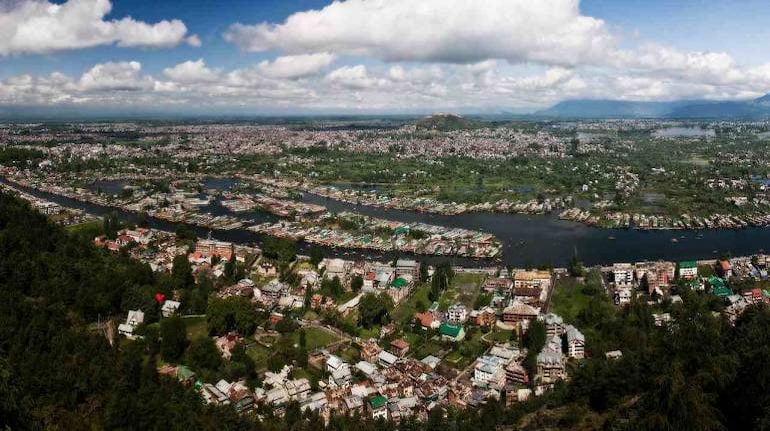



The Jammu and Kashmir administration Friday asked all its staff to attend work from June 6, from when it has decided to reopen offices regularly, drawing an angry reaction from lower-rung employees. A government order issued this evening said that those who are at higher risk due to the novel coronavirus viz. older employees, pregnant women and staff with underlying medical conditions should take extra precautions.
They should preferably not be exposed to any frontline work requiring direct contact with the public, the order said, adding the office management would facilitate work from home, wherever feasible.
The order has been signed by Rhoit Sharma, Additional Secretary, General Administration Department.
The biometric attendance system shall continue to be suspended till further orders, the order said.
It further said that routine issue of visitors and temporary office entry passes should be suspended and only those with proper permission of the officer they want to meet be allowed in after being properly screened.
All preventive measures prescribed by the Union health ministry to contain the spread of coronavirus should be followed at all times, it added.
The order said that heads of the departments and offices shall ensure strict compliance to the instructions above.
However, non-officer employees reacted sharply to the decision, alleging safety measures including availability of sanitisers and restricted entry of public is only for officers of the Indian Administrative Service and their counterparts from the state civil services (KAS).
A member of employees' unions claimed that officers starting from the level of the chief secretary to IAS and KAS officers have put in place these safety mechanism for themselves but not for junior staff at their offices.
"I am attending my office, where the head of the organisation has kept a big sanitiser (bottle) at the gate just outside her office, instead of at the gate of the office complex, because she is an officer. We are at risk. The government should first put in place safety measures for us", the employee said.
There is no security arrangement at entry gates of office complexes to ensure that those coming with an appointment follow proper Standard Operating Procedure to prevent the spread of COVID-19, he said.
Discover the latest Business News, Sensex, and Nifty updates. Obtain Personal Finance insights, tax queries, and expert opinions on Moneycontrol or download the Moneycontrol App to stay updated!